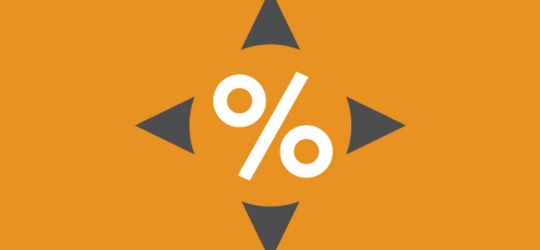What is going to happen to interest rates post-Brexit?
Author: Dave Mills

The base rate is currently at an all-time low of 0.5% and mortgage rates have never been cheaper. Prior to Brexit, the rate was likely to gradually increase to 2.25% from late 2016, but all that has changed. This means mortgage costs may go down: fixed rates have already become lower than variable rates.
Prior to the result on 23 June 2016, the plan from the Bank of England (BoE) was to eventually and gradually raise rates. As rates have averaged around 4.5% over the course of the BoE’s 300 year history, this meant a gradual rise from 0.5% to 2.25%. However, these plans have in all likelihood been put on hold for the time being after the result of the Brexit referendum.
How will mortgages be affected?
If we assume that mortgage rates will decrease roughly in line with the base rate, we could guess how the cost of mortgages would change. But many other wider market forces affect mortgage rates, so don’t bet on the base rate being cut as the only relevant factor.
Is it worth getting a fixed mortgage rate?
Whilst fixing protects you against rate rises, you risk being caught out, as rates may become cheaper and you’ll be stuck with a relatively high rate. Currently fixed mortgage rates have fallen to record lows, with a few deals below 1% appearing in June 2016. If the BoE cuts interest rates, these rates could become even cheaper, but there are no certainties.
Should you make mortgage overpayments?
Low interest rates can lead to a common conundrum – are you better off overpaying on your mortgage or putting any spare money into savings? The first thing to ask yourself is whether you have the option to overpay on your mortgage. Not all mortgages allow overpayments, and those that do may charge you for the privilege in the form of a one-off fee or a stepped fee.
Even then you should ask yourself whether you can afford it. Savings are great for earning interest, but are also a great fallback in the event of something going wrong around the house, or in the event your personal circumstances change. That should be balanced against what you could save. Taking advantage of the current situation of relatively cheap repayments to pay back more of your debt means lower repayments in the future should rates eventually rise.
In addition, the low base rate means savings might be put to better work to pay back more of your mortgage, rather than earning around 1-2% AER in a savings account. If you still want access to your savings you could consider an offset mortgage.
Getting a mortgage or remortgaging in 2015/16?
If your outgoings are tight and you can’t afford the unpredictability of a rate rise, then fixing gives you reassurance you can afford your mortgage, no matter what happens. If you are more financially secure, it could be worth waiting it out to see how cheap rates can go.
You should always carefully consider what you can afford and seek independent financial advice before getting a new mortgage. If you need some help and advice around getting a mortgage, please don’t hesitate to give us a call on 01489 578338 or get in touch by clicking the button below.
Why not get in touch today?
For a friendly, confidential and without-obligation conversation
Your home may be repossessed if you do not keep up repayments on your mortgage.
